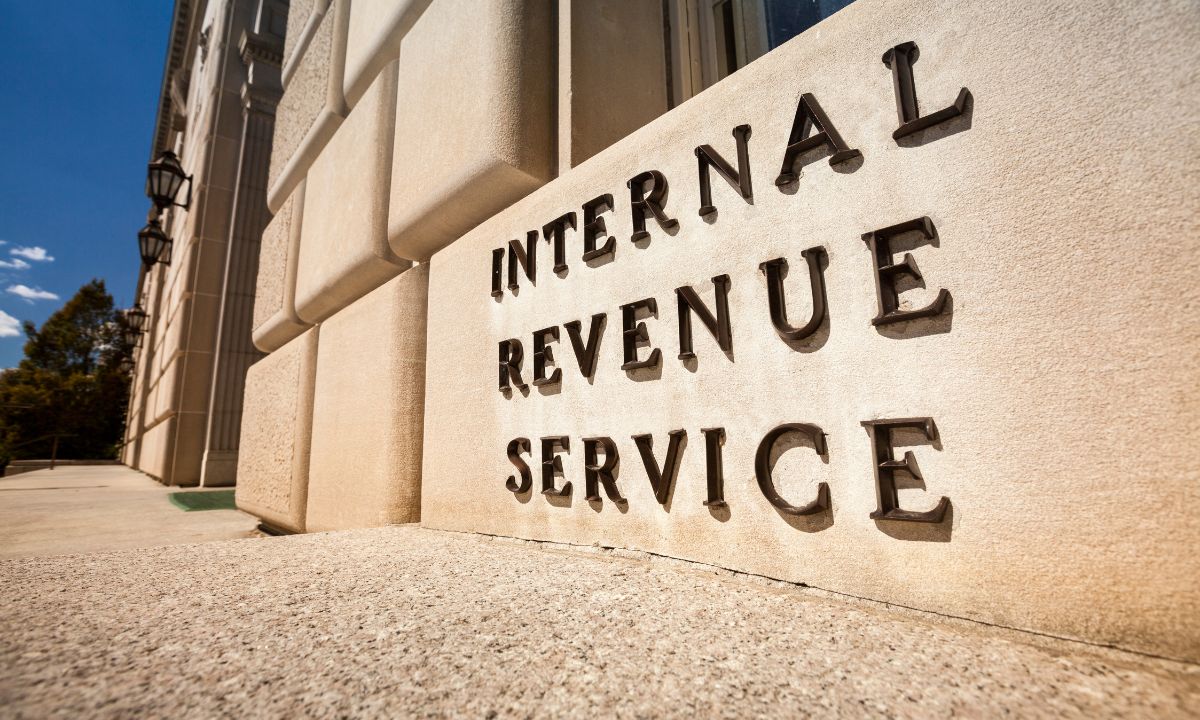 If you’re selling your home, you might be surprised to learn that certain information regarding the sale must be reported to the IRS. This requirement stems from the Tax Reform Act of 1986 and is meant to ensure compliance with tax laws and to assist the IRS with audits.
If you’re selling your home, you might be surprised to learn that certain information regarding the sale must be reported to the IRS. This requirement stems from the Tax Reform Act of 1986 and is meant to ensure compliance with tax laws and to assist the IRS with audits.
To make the process easier for you, here’s a clear explanation of what to expect when selling your property:
Who is Responsible for Reporting the Sale to the IRS?
According to IRS guidelines, the seller’s gross proceeds from the sale must be reported on Form 1099S. But don’t worry—you don’t have to handle this yourself. Typically, a settlement agent takes care of the reporting. This settlement agent is usually your escrow agent, title company, attorney, or real estate broker—basically, whoever is facilitating the closing process.
The settlement agent is responsible for collecting the necessary information and submitting it to the IRS. This includes details such as the seller’s name, address, taxpayer identification number (TIN), and information about the property and the sale.
What is an IRS Form 1099S and What Information is Reported?
Form 1099S is the document the IRS uses to collect information about the sale of real property. The settlement agent completes the form and submits it to the IRS. The information reported generally includes:
- The seller’s name, address, and taxpayer ID number (such as a Social Security number)
- A description of the property being sold, usually the address
- The closing date of the sale
- The gross proceeds from the sale, which may not necessarily be the taxable amount
- Any additional details related to the transaction, such as real estate taxes paid in advance
What Types of Transactions Require a Form 1099S?
This form is required for most typical real estate sales, including single-family homes, townhouses, condominiums, and even certain commercial properties. However, there are exceptions. For instance, foreclosures, property abandonment, and refinancing transactions are excluded from this reporting requirement.
What Happens If You Don’t Provide Your Taxpayer ID?
The settlement agent is required to ask for your taxpayer identification number before closing. If you fail to provide this information, the settlement agent has a couple of options: they can delay the closing until you supply the necessary details, or they can complete the sale and report to the IRS that an attempt to gather the information was made.
Selling a home comes with many responsibilities, but understanding the IRS reporting requirements can help you avoid any unnecessary surprises during the process.